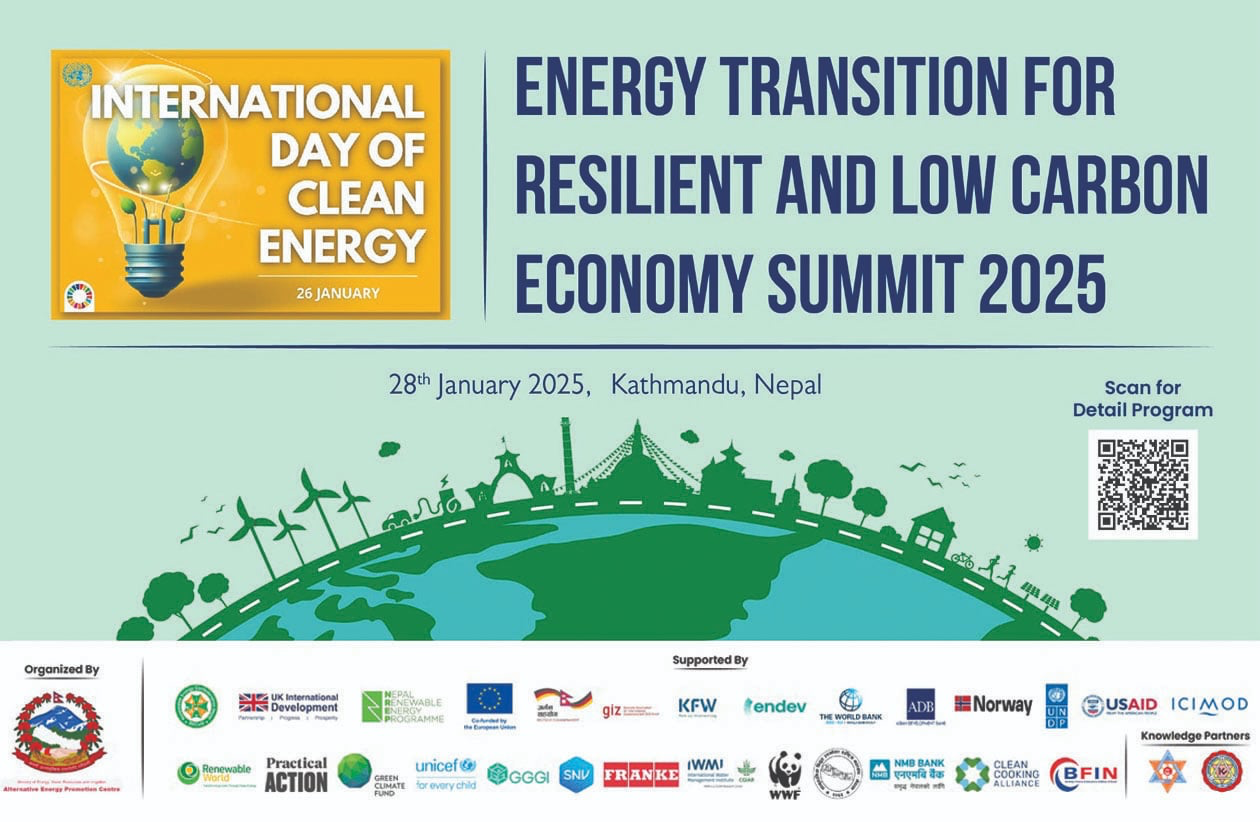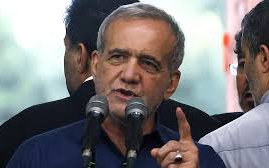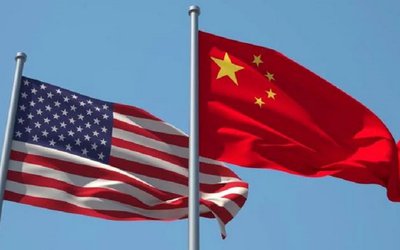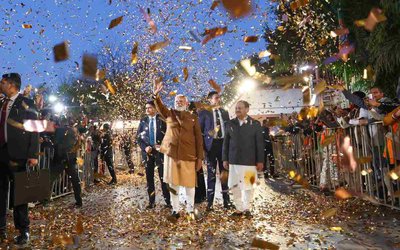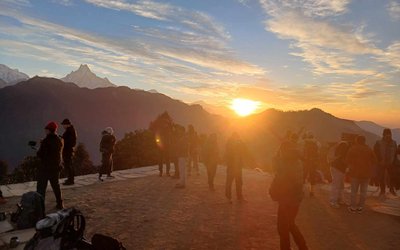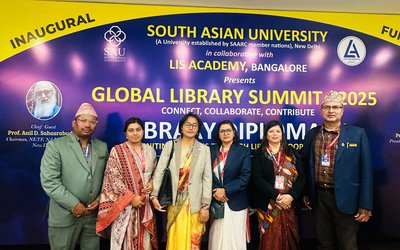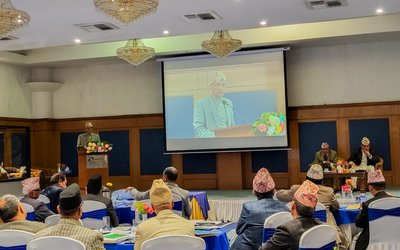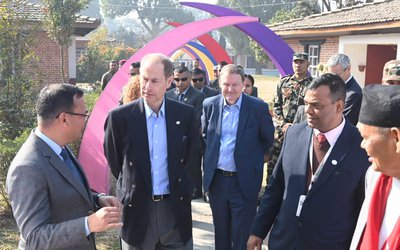
In 2013, at a meeting with Nepali interlocutors, the then Chinese ambassador to Kathmandu said, “I will do all that the Indian ambassador does here.” Given the traditional range of interests and activities of an Indian ambassador in Nepal – from forming and toppling governments to funding leaders, from influencing bureaucratic appointments to being the primary development donor – the statement was a stark expression of ambition.
With the government announcing Vijay Keshav Gokhale as India’s next foreign secretary (FS) – and given that the FS personally monitors the neighbourhood – it is a good time to review India’s key challenge in the region. The fact that Gokhale is an old China hand helps since India’s major challenges in its periphery are now inextricably linked to Beijing’s growing footprint in the same region.
What is India’s key problem in the neighbourhood today?
It is simply that even though Delhi believes having friendly regimes is indispensable for its security, it has not been able to shape domestic political outcomes in key neighbouring capitals as it desires; where it has succeeded in doing so, the situation remains fragile; and Delhi’s favourite political allies are ranged against Beijing’s preferred political allies.
In Maldives, India dislikes the Abdulla Yameen government, but despite its best efforts, has not been able to weaken or displace it. With Chinese and Saudi backing, Yameen remains comfortably entrenched in Male. In Nepal, India dislikes the China-backed KP Oli and ousted him from power in 2016 — but he has emerged as the primary leader after recent elections and is in pole position to form the government. This was despite Delhi’s generous support to Oli’s rival, the Nepali Congress.
In Sri Lanka, Delhi succeeded in engineering an anti Mahinda Rajapaksa alliance in 2015 — and brought together Chandrika Kumaratunga, Maithripala Sirisena and Ranil Wickremesinghe on a common platform. Sirisena became the president, Wickremesinghe became PM. But ties between the two remain fragile; the government has continued its economic relationship with China; it has not been able to deliver constitutional concessions to Tamils; and Rajapaksa remains popular among his southern Sinhalese base and could well come back in the next round of elections.
In Bangladesh, India’s friend, the Awami League led by Sheikh Hasina, has continued to remain in power for two consecutive terms. Delhi ensured that the 2014 elections, which the Begum Khaleda Zia-led BNP boycotted thus converting it into a one horse race, was treated as internationally legitimate. But popular resentment against the Awami League is growing. The BNP, whose links with the Jamaat remain intact, is all set to participate in the next elections and could well emerge victorious.
To deal with the specifics of each country, Gokhale has to answer the fundamental set of questions which have gripped his predecessors: When should India get involved in internal politics of its neighbours? Does it make sense to define interests narrowly (for instance, only security cooperation) or more broadly (for instance, economic integration or justice for minority communities with cross border ties or behaviour contributing to long-term democratic stability) in terms of expectations from a neighbouring government? What are the specific redlines which Delhi cannot allow to be violated? What is the leverage India has to prevent these redlines being violated and punish those who do cross it, especially in a context when neighbours have an alternative in China? Is India willing to exercise the leverage despite losing goodwill among constituencies in that country? Ito get out of domestic political intervention and stop having favourites in each country or is that too big a security risk especially when China’s micro-management of domestic politics has grown? How does India deal with the politics of these states when their respective societies are becoming more autonomous of Indian influence than the past?
Politics is dynamic business and no neat theory can help deal with rapidly evolving circumstances. But if the next foreign secretary can build on the work done by his current boss, S Jaishankar, and offer a more coherent paradigm to deal with how the internal churning in neighbourhood and China’s growing role affects India, and how India should respond to it; it can lead to a more stable foreign policy. The clarity will help Delhi, and it will help the neighbours.
Courtesy: Hindustan Times

